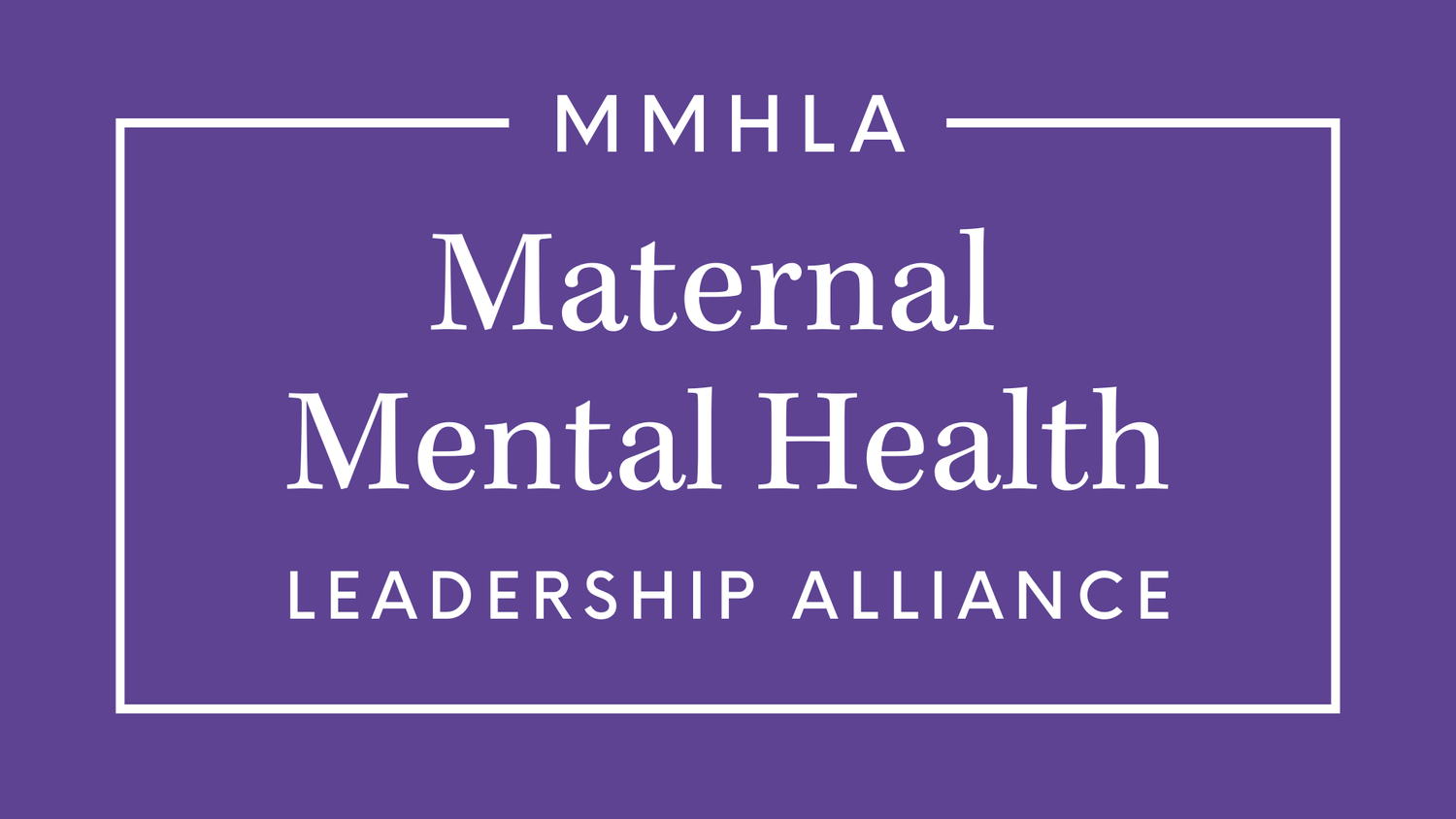The Duxbury Tragedy Highlights the Maternal Mental Health Crisis in the U.S.
The United States is facing a maternal mental health crisis: suicide and overdose are the leading cause of death for new mothers, accounting for 20% of maternal deaths. In fact, mental health conditions are the MOST COMMON complication of pregnancy and childbirth, impacting at least 1 in 5 women or 800,000 families each year. And 1-2 women per 1,000 births (approximately 4,000 new mothers each year) will experience postpartum psychosis, which often includes delusions and hallucinations, and which increases the risk of a new mother harming herself or her children.
Three heartbreaking stories have been reported in the last few months in which a mother has taken the lives of her children. In September 2022, Erin Merdy drowned her three children (ages 7, 4, and 3 months) on the beaches of New York City’s Coney Island; in December 2022, Paulesha Green-Pulliam of San Francisco killed her two daughters (ages 1 and 5 years) after recently losing a baby boy in childbirth; and in February 2023, in a small town outside of Boston, Lindsey Clancy strangled her three children (ages 5, 3, and 8 months) and then attempted suicide.
All three women had given birth within the last few months. All three women were struggling with mental health issues. And all three women have been charged with murders.
These women are not hardened criminals; they are tragic figures who are mentally ill and who will likely spend the rest of their lives in prison. If these terribly unfortunate scenarios occurred in England, these women would be receiving mental health care, not life sentences.
How is it possible that our country – the wealthiest country on earth, the country that spends over $200 billion each year to address mental health – allows maternal mental health conditions to take the lives of both mothers and babies?
We must do more.
Childbearing women interact with a healthcare provider an average of 25 times during the two years that include pregnancy and the first year of their baby’s life, offering ample opportunity to discuss mental health conditions. We must ensure that all healthcare providers who interact with these women are trained to educate, screen, and treat their patients for maternal mental health conditions, and we must ensure that all those impacted by maternal mental health conditions have access to care. We simply cannot let mothers or babies die because of these illnesses.
Addressing maternal mental health is no longer an option. It is an obligation.
Resources
National Maternal Mental Health Hotline (1-833-9-HELP4MOMS) provides 24/7 voice and text support to mothers and families impacted by maternal mental health conditions.
Postpartum Support International (www.postpartum.net, 1-800-944-4773) provides a helpline, virtual support groups, and volunteers in all 50 states.
For More Information
Contact our Senior Communications Manager, Mia Hemstad, at mhemstad@mmhla.org.
This blog post was edited on February 10, 2023 to provide additional context.

